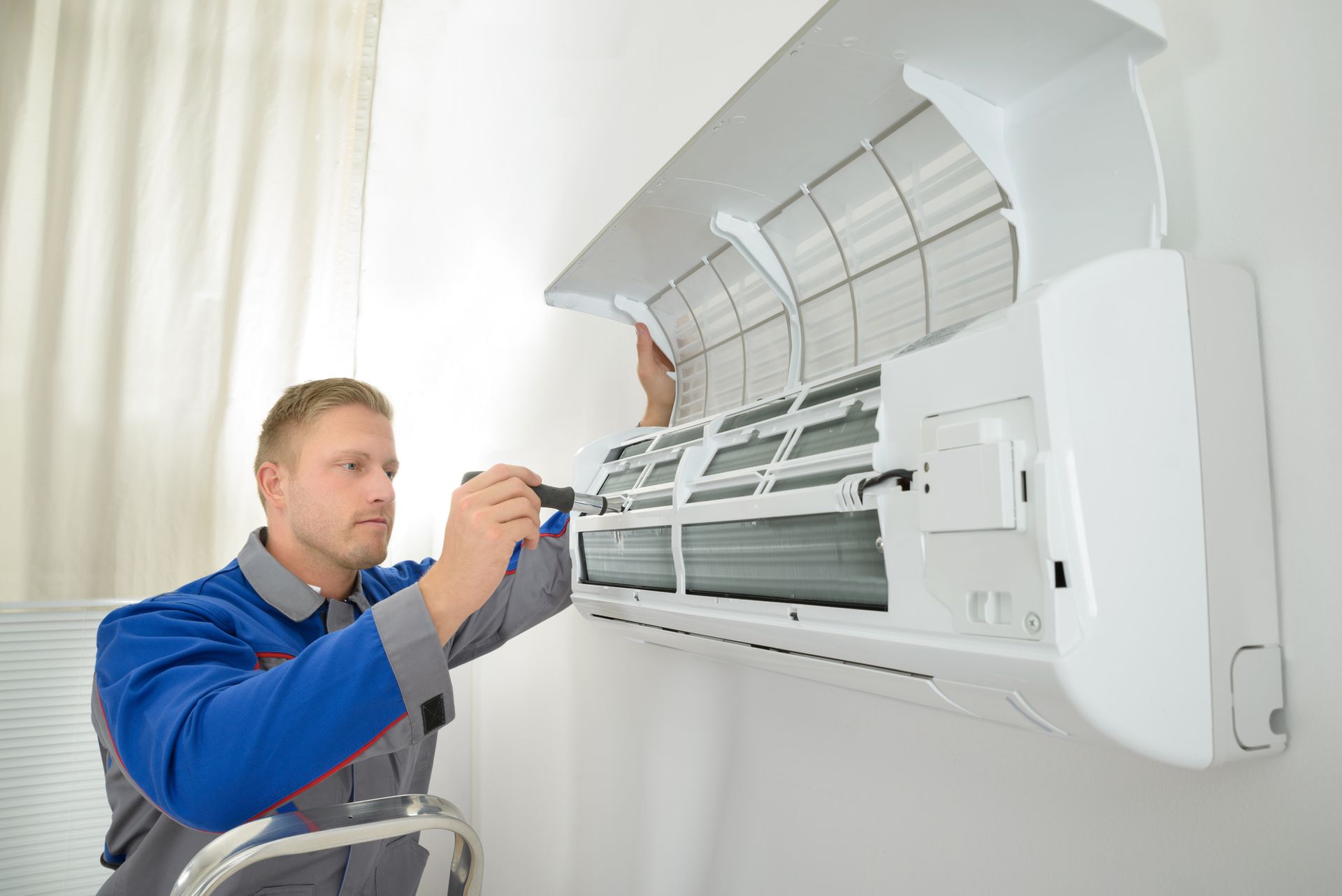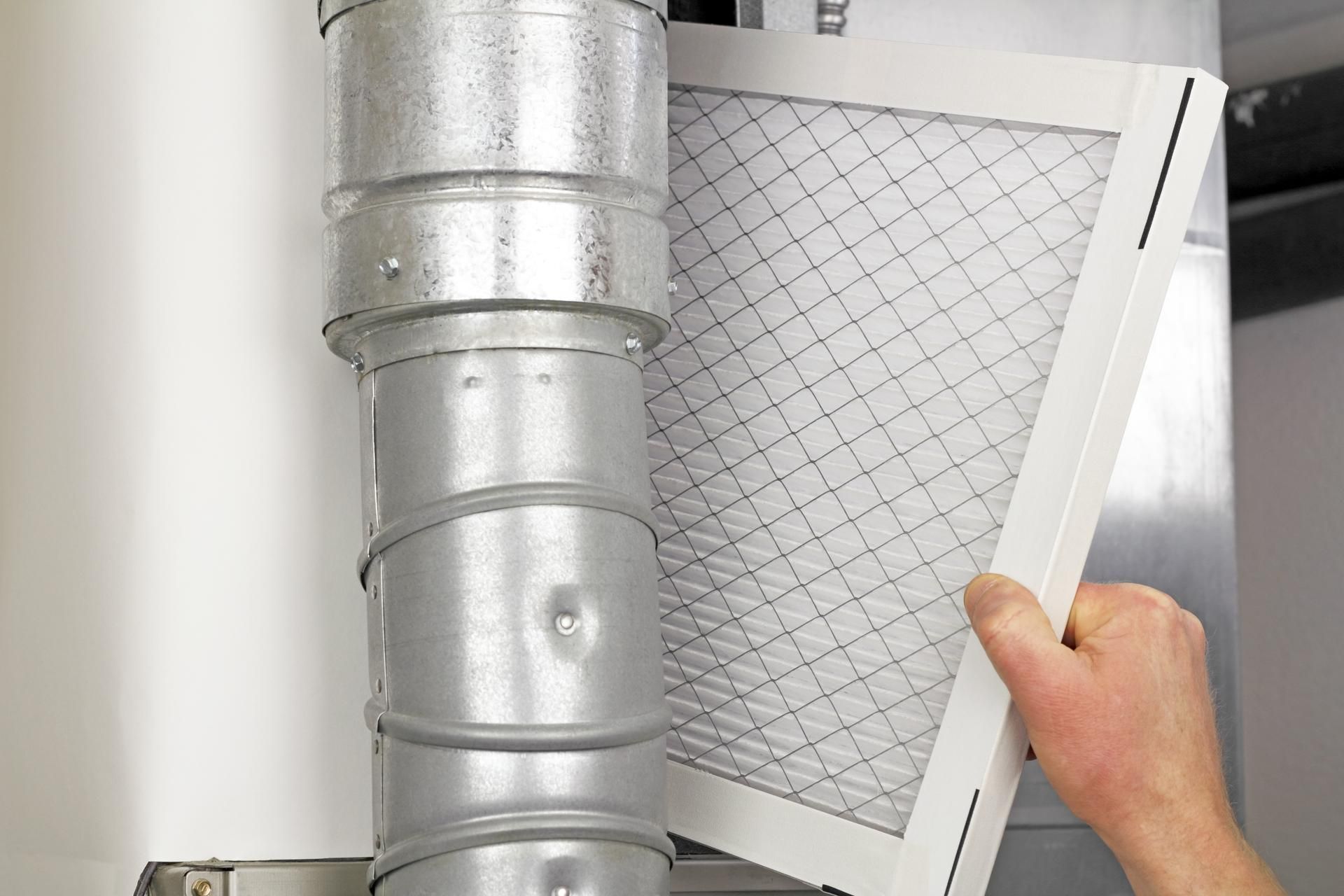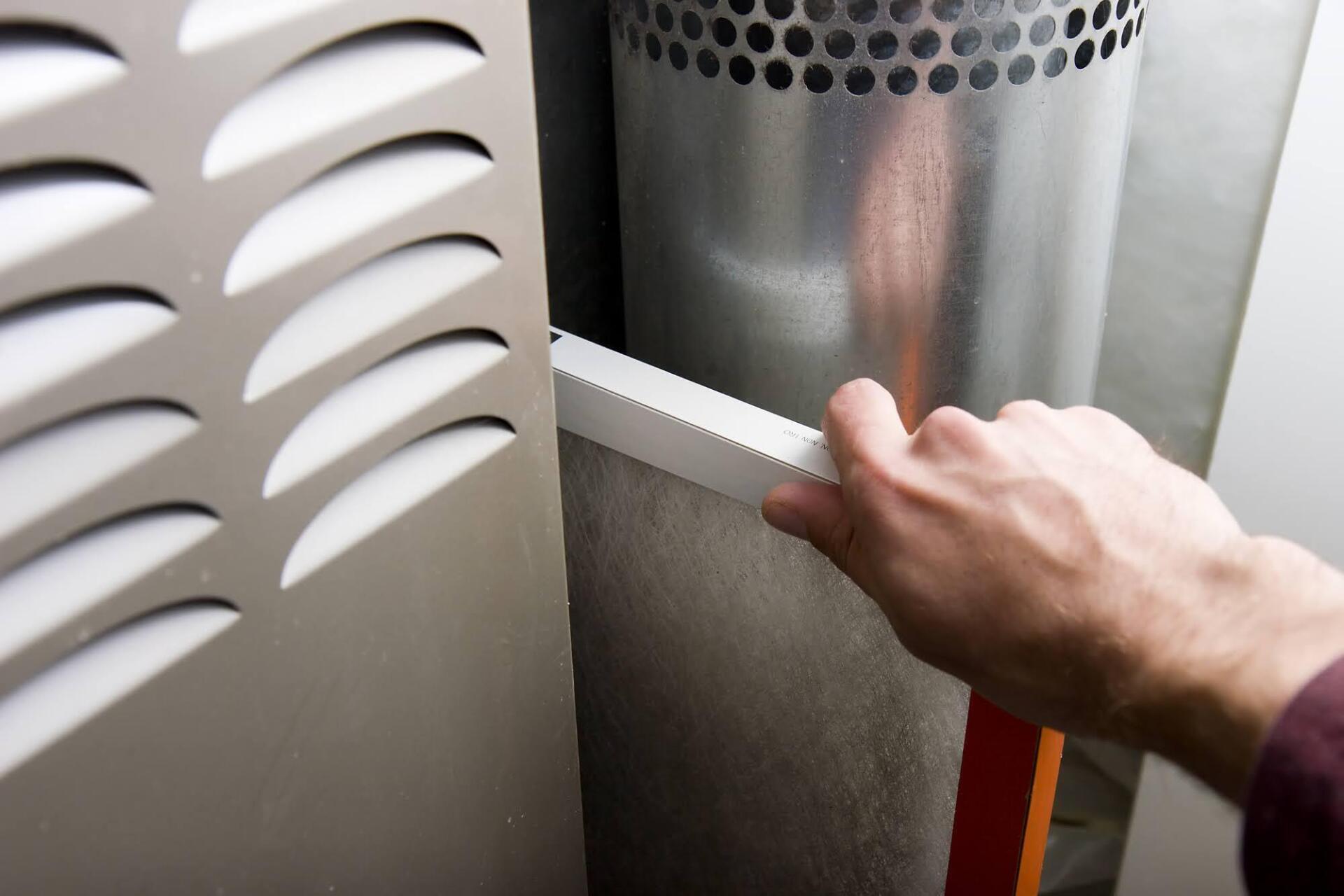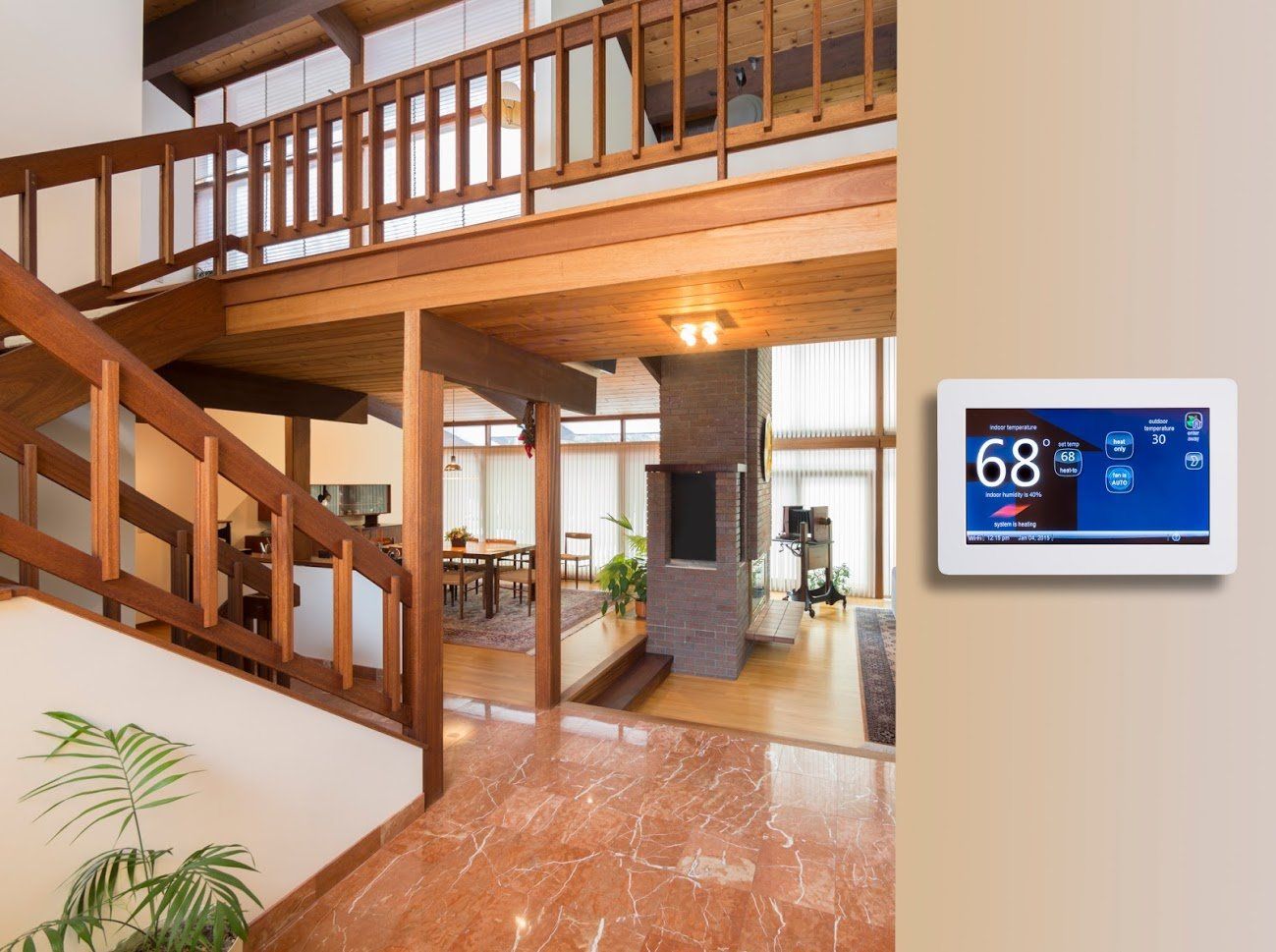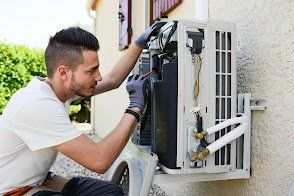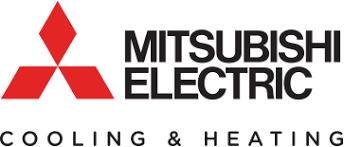Possible Reasons for Unusual Furnace Noises
Admin | December 15, 2021
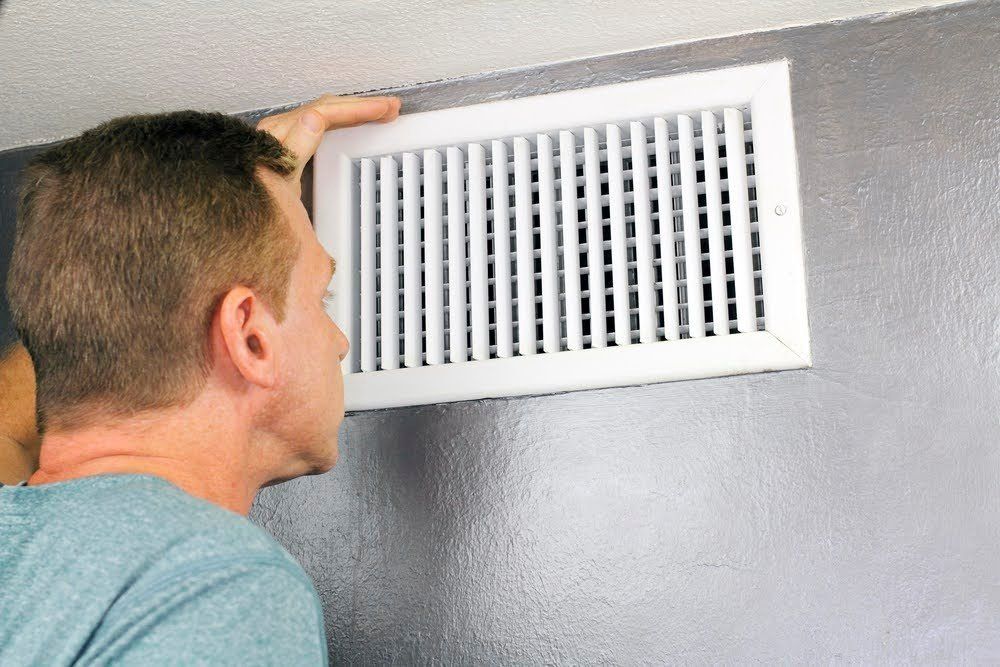
Furnaces produce minimal sound when operating. Thus, you should suspect a malfunction if your furnace is noisier than usual. Diagnose and fix the issue before it becomes catastrophic. Below are some common causes of unusual furnace noises.
Mechanical Damage
Mechanical damages cause noise by increasing vibrations and friction, among other things. Below are examples of such mechanical damages.
Broken Blower Wheel
The blower wheel draws fresh air into the furnace for combustion and pushes warm air out of the furnace so it can circulate and warm your house. If the blower wheel breaks, it might make some scraping or screeching sounds as it hits the casing that houses the blower wheel assembly.
Broken Motor Mount
The blower motor changes electrical energy into kinetic energy, which moves the blower wheel. Just like the wheel, the motor can break and scrape against other parts of the furnace.
Cracked Heat Exchanger
The heat exchanger transfers heat from the burners to your indoor air while preventing contamination from combustion gases. The heat exchanger can crack if it runs in an overheated state for long. If that happens, the escaping combustion gases will produce rattling sounds in your furnace.
Loose Objects
Your furnace comprises several components such as screws, belts, nuts and bolts, that hold everything together. Expect unusual sounds from the furnace if these parts loosen. Below are some loose objects that can produce furnace noise.
Belt
Some furnaces use a belt to transfer power from the motor to the fan. The belt can loosen and begin to run out of its usual position. The unusual run can trigger squealing sounds.
Blower Wheel and Motor
As mentioned above, both the blower motor and assembly will trigger unusual noises if they break. The same thing can happen if either of these two parts of the furnace loosens and moves out of their usual positions.
Screw
Furnaces have several moving parts, such as belts, motors, and fans. These movements produce vibrations that can loosen screws over time. If that happens, the parts that the screws hold together also loosen and experience more vibrations.
Duct
HVAC contractors use support systems, such as brackets, to hold duct runs in their positions. Air pressure within the ducts will move them if the brackets loosen for one reason or another. Expect some rattling sounds as the duct channels move in response to the airflow.
Combustion Problems
Furnace combustion burns air-fuel mixture to produce the heat that warms your house. Ideally, the furnace should ignite once the air-fuel mixture reaches the right ratio. Such a furnace runs with minimal noise.
However, a malfunction of the ignition process sometimes delays ignition, and fuel accumulates in the chamber. The accumulated fuel can explode with a banging or booming noise once the ignition finally occurs.
Airflow Issues
Airflow problems cause different sounds, depending on the restriction's location. Below are examples of such airflow issues.
Clogged Filter
All air that enters the furnace must pass through the filter that traps debris in the air. Over time, the trapped debris can clog the filter and restrict further airflow. In such a case, expect some whistling sounds as air tries to force itself through the clogged filter.
Closed Vents
Vent noises typically result from debris in the vent or mechanical damage to the vent pipe. Such issues reduce the vent's capacity. Vent restrictions can also make whistling noises.
Duct Blockages
Debris, rodents, and duct collapse all reduce the effective volume of the air duct. The decreased volume will increase pressure within the ductwork. Expect some popping or banging noises as the ductwork material flexes.
Central York Corp has over 50 years of experience in the heating and cooling industry. We put our clients first and promise you professional installation, repair, and maintenance services.
Contact us for a quote on all your heating needs.


